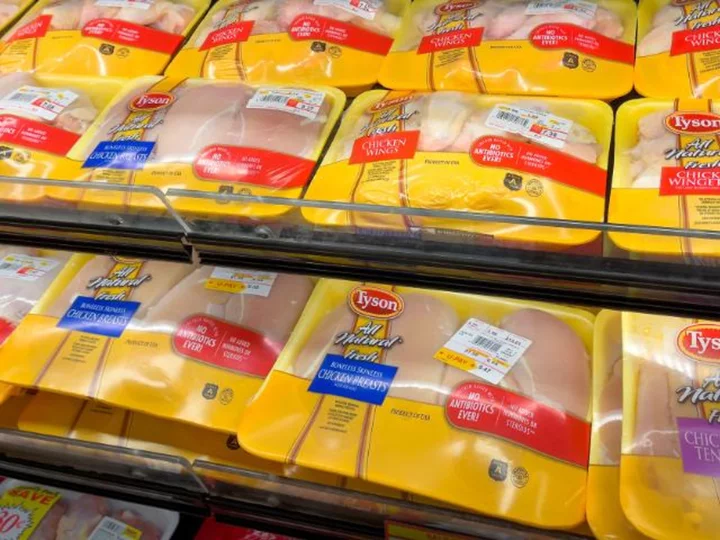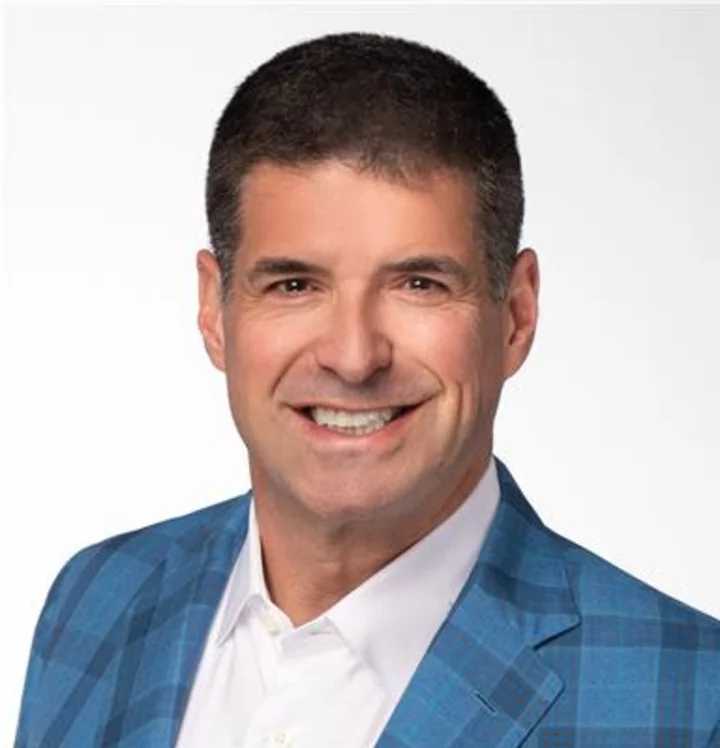Tyson will once again use certain antibiotics in its chickens, eight years after it announced plans to ditch the drugs in some of its production and slapped a "no antibiotics ever" label on its packaging.
The company said the antibiotics it plans to use in chicken production are not important to the treatment of humans. Antibiotic use in food has come under intense scrutiny in recent years as some bacteria have become increasingly resistant to treatments as a result of frequent exposure to antibiotics. The Wall Street Journal first reported Tyson's change.
About half of US poultry farmers use some form of antibiotics to help keep chickens healthy, the company noted. In many chicken farms, animals are raised in crowded and unsanitary conditions and can be prone to disease.
"At Tyson Foods, we base our decisions on sound science and an evolving understanding of the best practices impacting our customers, consumers and the animals in our care," a Tyson Foods spokesperson said in a statement.
Tyson-branded chicken will begin using a "no antibiotics important to human medicine" label by the end of 2023. That standard, recognized by the USDA and the World Health Organization, allows for the use of antibiotics that are not crucial to the treatment of human diseases.
The shift to use some antibiotics marks a departure from the company's stance in 2015, when Tyson said it would work to eliminate antibiotics from its production of wings, breasts and nuggets. At the time, Tyson said it was concerned about the rise in antibiotic-resistant bacterial infections in humans and wanted to play a role in reducing human antibiotic consumption.
"We don't have all the answers," said Tyson's then- head of sustainable food production, Christine Daugherty, who now works for the Bill & Melinda Gates Foundation. "But we want to make sure that antibiotics continue to work."
'No antibiotics important to human medicine'
Tyson's elimination of some antibiotics followed similar reductions by competitors Pilgrim's Pride, which says it uses some antibiotics, and Perdue, which still says it does not. Tyson is the largest poultry producer in the United States.
But diseases can be difficult to control in chicken coops, as poultry farmers learned the hard way when a highly infectious avian flu ravaged poultry production over the past year, sending prices of chicken and eggs surging. That particular disease is not treatable with antibiotics, but other diseases that can kill chickens do respond to antibiotics.
In addition to chickens' health, antibiotics are particularly important to promote growth in poultry for items like large broiler chickens. The company said its decision to transition back to antibiotics is in the best interest of humans and animals.
In WHO's most recent publication on the "important to human medicine" standard, the group said there remains "clear evidence of adverse human health consequences due to resistant organisms resulting from non-human usage of antimicrobials." It also said that the types of drugs used to promote growth and health in animals is "frequently the same, or closely related to those used in human medicine."
With the understanding that antibiotic treatments at times could be important to meat production, WHO in 2007 developed a set of risk assessments that aimed to prevent important antibiotics for humans from being used in animal production.
It noted in that 2007 publication that "an appropriate balance should be struck between animal health needs and human health considerations -- human health being, however, paramount compared to animal health."









